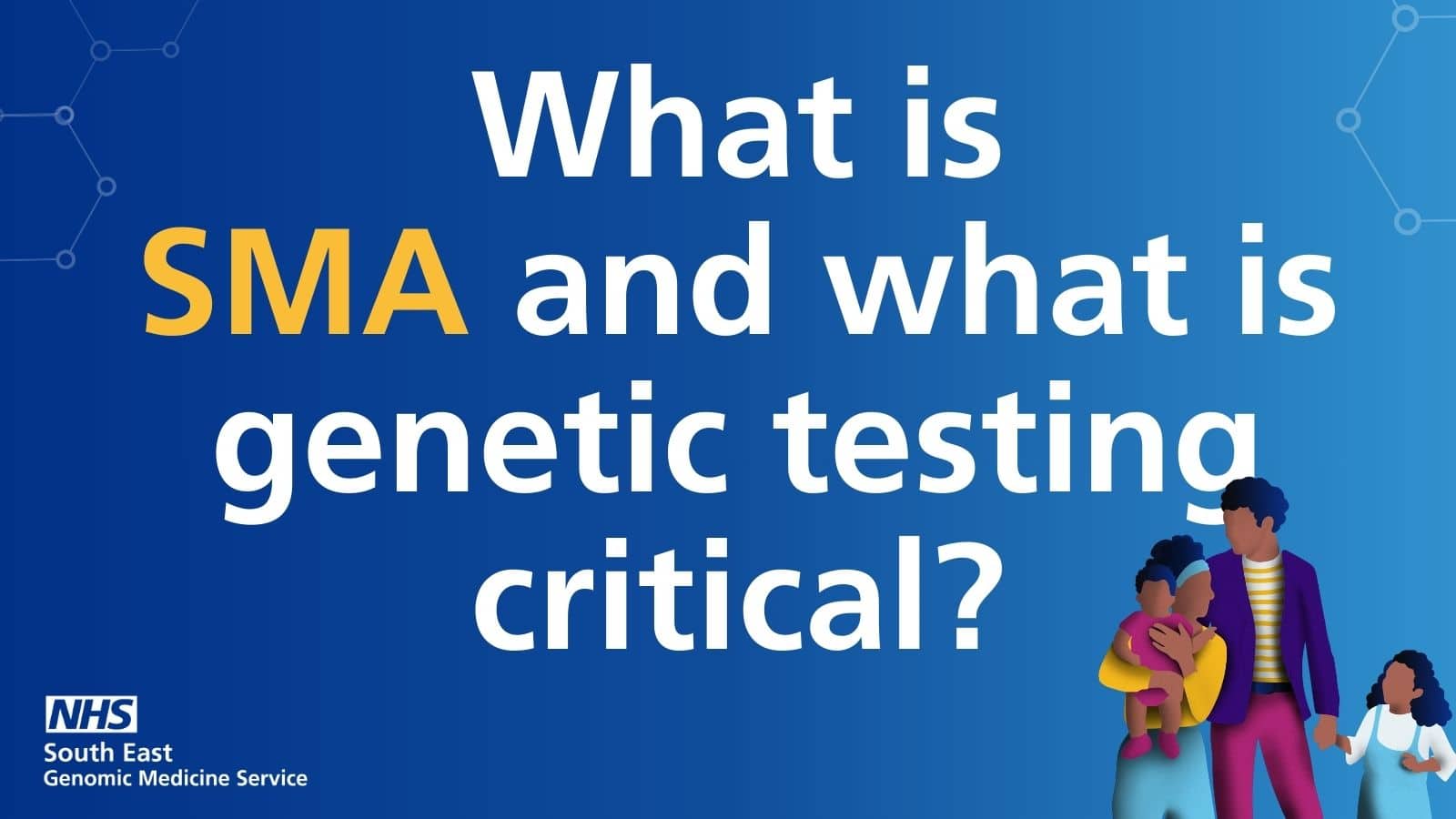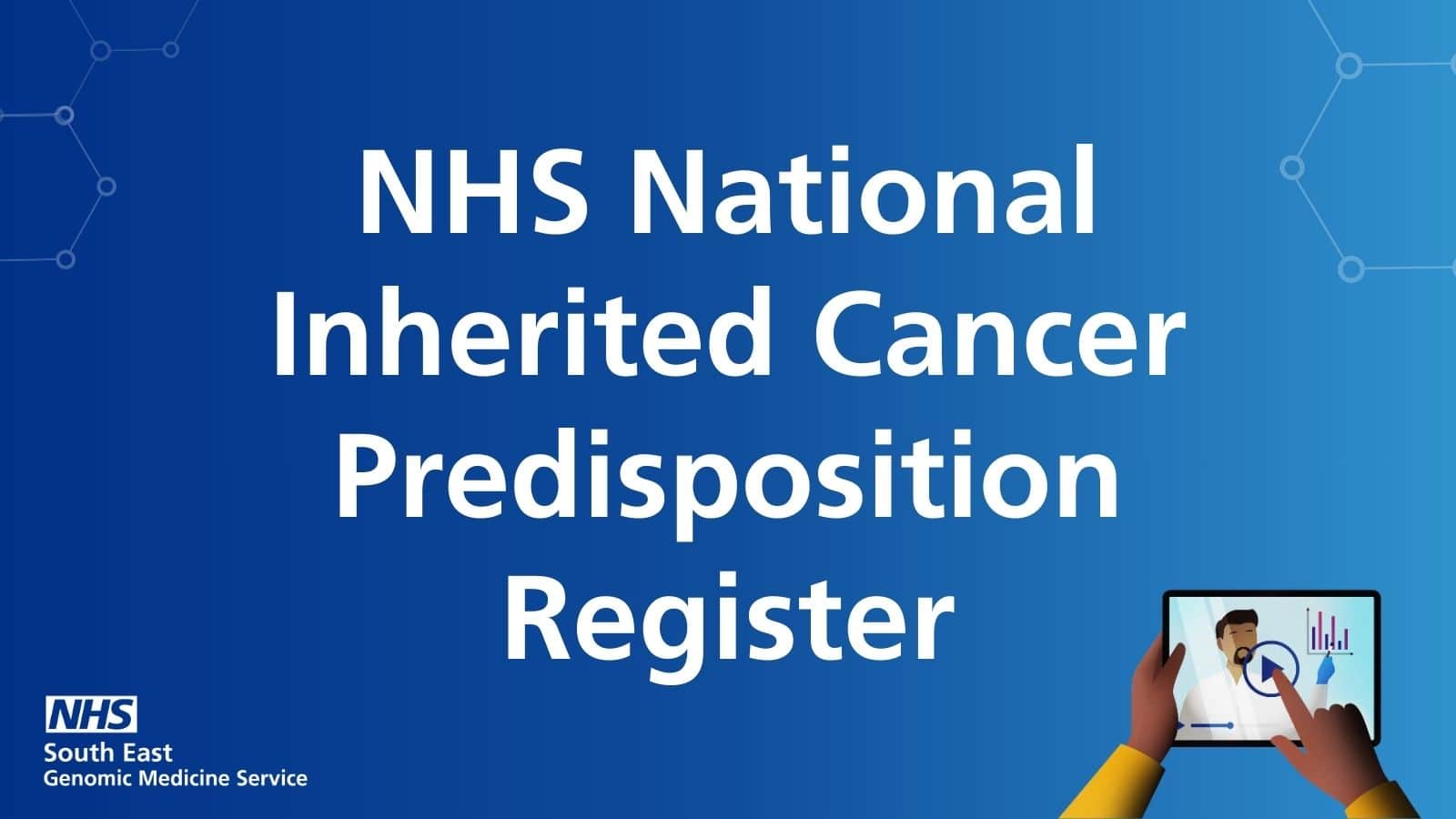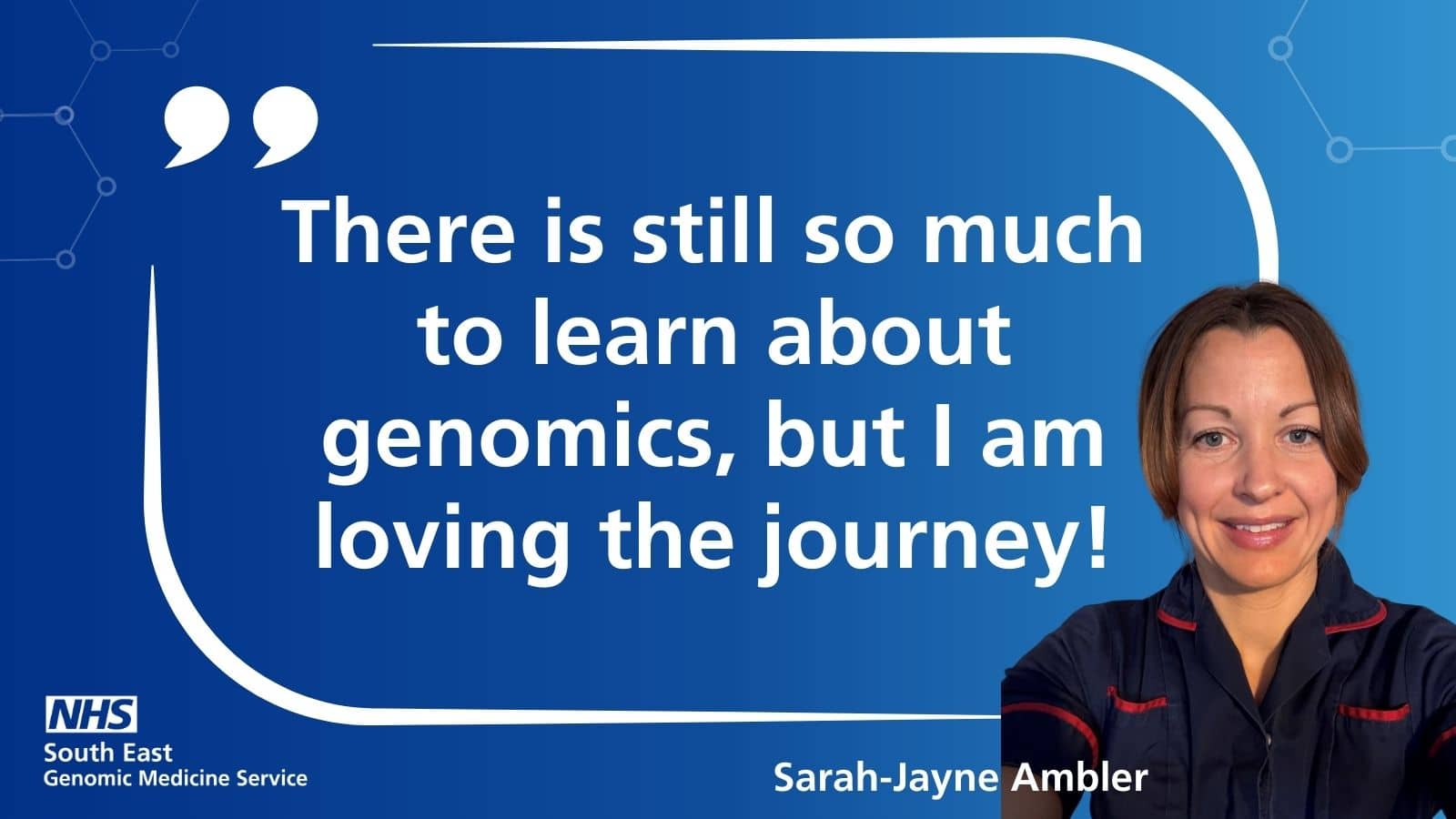World leading Generation Study launches in NHS hospitals

Hundreds of babies have begun to be tested for over 200 rare genetic conditions as part of a research study in NHS hospitals that aims to screen up to 100,000 newborns in England.
The pioneering study, which is now open to people in the South East, aims to identify rare genetic conditions in babies sooner and could enable hundreds to benefit from earlier diagnosis and treatment that could help slow the progression of disease and improve, or even extend, their lives.

The Generation Study, led by Genomics England in partnership with NHS England, will offer whole genome sequencing for newborn babies using blood samples which are usually taken from their umbilical cord shortly after birth.
The sequencing identifies treatable, rare conditions shortly after a baby is born rather than when symptoms might appear later in childhood. This means families can access the right support, monitoring, and treatment from the NHS much earlier for these conditions.
Expectant parents will be informed about the study during pregnancy, and if interested a research midwife will have a detailed conversation with them to decide if they want to take part.
Shortly after birth, an NHS doctor, nurse or midwife will confirm with parents that they are still happy for their baby to be tested, and a blood sample will be taken and sent to the specialist laboratory for whole genome sequencing.
St. Thomas’ Hospital together with their sister site, Evelina London, are the first hospital in the South East to join the study with more hospitals set to join very soon.
Dr Chinthika Piyasena, consultant neonatologist and principal investigator at Evelina London, said:
“I am thrilled that my colleagues in the Reproductive Health & Childbirth research team have recruited 28 pregnant mothers to the study, with almost 20 blood samples already having been taken. We are excited to be working with Genomics England to support this incredibly valuable study. We are keen to offer the study to as many pregnant mothers booked for antenatal care at St Thomas’ Hospital, enabling newborn babies to be part of the latest innovative research. Genomic sequencing in early life could offer really important benefits for early diagnosis, development of new treatments, and with huge potential to improve longer term health. We are grateful to the clinical midwifery teams and paediatric specialists for supporting the study.”
What happens after sequencing takes place?
Results from the study are reviewed by NHS genomic scientists, with the aim of letting parents know early on if their baby has one of the conditions. If no conditions are suspected, parents will have this confirmed by letter in a few months.
If a newborn baby is identified as having a treatable childhood condition through the genome sequencing; families and carers will be provided with further NHS testing to confirm a diagnosis, and ongoing support and treatment from the NHS.
Early effective intervention can help to prevent longer term health problems associated with certain conditions, keeping children out of hospital, and helping them live healthier lives.
How is the Genomic Medicine Service involved?
We have an important role in the Generation Study. Parents of newborns with a suspected genetic condition will be supported by our Generation Study Regional Results Coordinators to help them get the necessary treatment and further testing.
We are working closely with St. Thomas and the Evelina London to help them get up and running with the Study and we are already working with more hospitals in our region to enable them to offer the Generation Study to their expectant families.
Amanda Pritchard, NHS chief executive, said: “Diagnosing rare conditions in newborn babies at the earliest opportunity through genomic testing could be truly life-changing for families – it has the potential to give thousands of children the chance to access the right treatment at the right time, giving them the best possible start to life, and for families to better plan for their care.
“The NHS is a world leader in genomics, and this study demonstrates the benefit of our partnership with Genomics England – allowing us to deploy cutting-edge technology to improve patients’ lives. If we can diagnose and treat children for rare genetic conditions years earlier, we have the power to help stop debilitating conditions in their tracks and enable more children to grow up, start school and live independently – this will be transformational for patients and for the future of medicine.”


